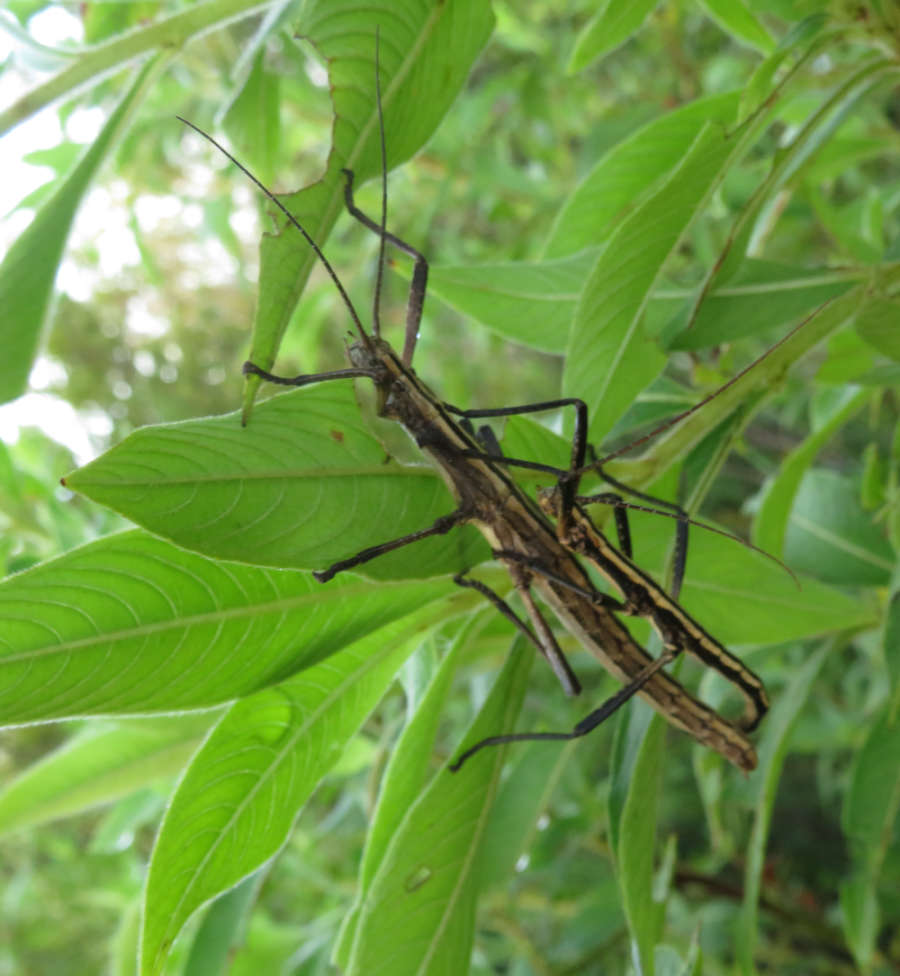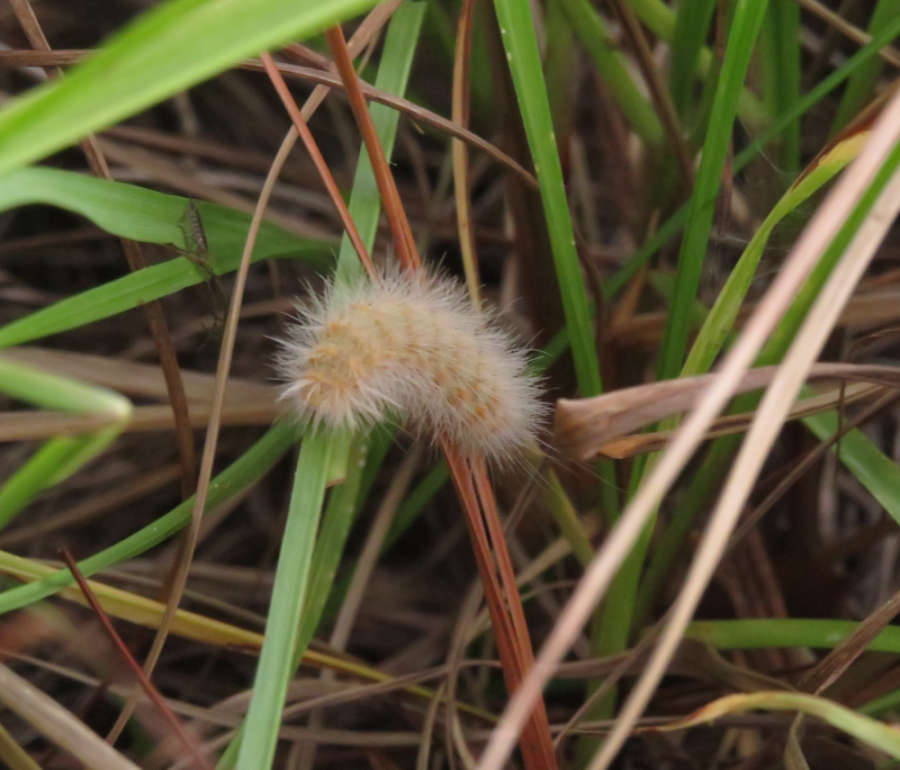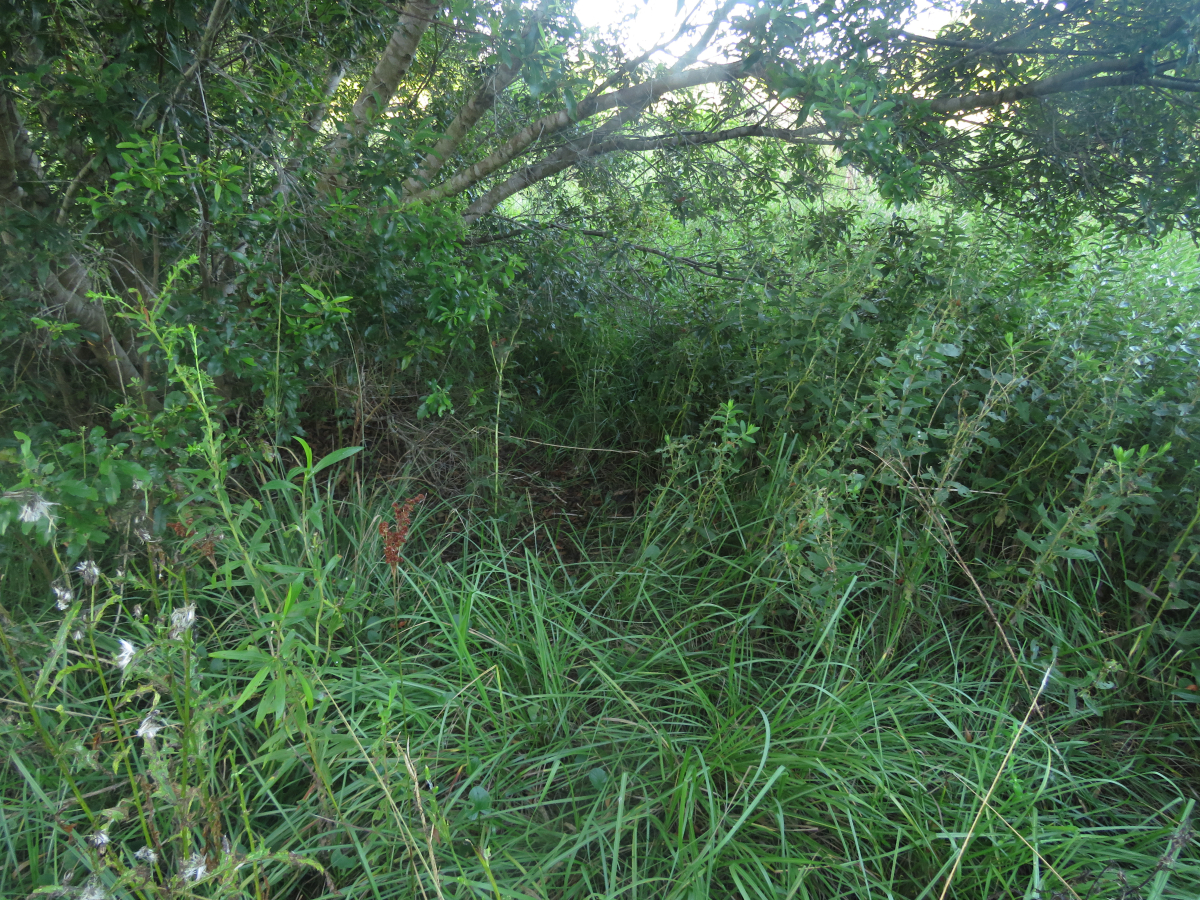Hunting
I have, on occasion, let slip certain comments that convey my absolute seething contempt of the hunting community, so perhaps it seems odd for me to pursue this hobby.
But rest assured, my complete and total disdain for a certain class of hunter is entirely the result of firsthand experience during my taxidermist days, not a blanket condemnation of everyone who wants to take part in briefly escaping the pinnings of industrial agriculture, connecting with our most universal cultural heritage as members of the Homo genus, and supporting conservation.
For those who aren't familiar with the subject, a big chunk of the money for conservation in the US comes from hunting and fishing. While the exact percentages vary by state, the various permits and taxes on boats, ammo, guns, etc. are a major financial contribution for preserving and managing wildlife habitat. 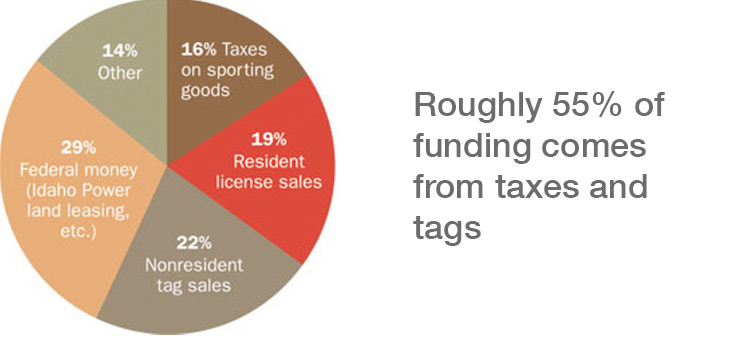
Furthermore, if people are using public lands for hunting and fishing, that puts pressure on the local government to 1.) Keep that land public instead of selling it to developers, 2.) Preserve it as actual habitat rather than letting logging companies strip sections to replace with pine monocrops.
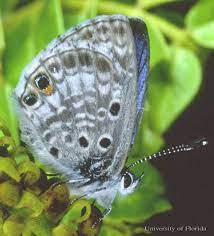 Land that can support a breeding population of large herbivores is also protecting thousands of beetles, butterflies, fish, amphibians, birds, and other small animals that just aren't charismatic enough to the general public to get land set aside for them. When a big box store is pressuring the local government to let them bulldoze that stretch of scrub, telling them no because it's an important bastion of habitat for a 1 inch butterfly is a really hard sell. Telling them no because it’s actively used recreationally by a chunk of their voters is a lot easier.
Land that can support a breeding population of large herbivores is also protecting thousands of beetles, butterflies, fish, amphibians, birds, and other small animals that just aren't charismatic enough to the general public to get land set aside for them. When a big box store is pressuring the local government to let them bulldoze that stretch of scrub, telling them no because it's an important bastion of habitat for a 1 inch butterfly is a really hard sell. Telling them no because it’s actively used recreationally by a chunk of their voters is a lot easier.
Biologists working in publicly managed land determine how many deer hunting tags can be issued, and hunters either buy a tag outright or enter a lotto to obtain a tag for that specific area, depending on the state/area.
This system is great overall and has brought deer back from the brink of extinction in the Northeast, and alligators in the South. It really works! With a couple of caveats for certain states' predator 'management' programs, I have basically no qualms with taking part in supporting this form of conservation. 
The biggest problems in the hunting community mostly stem from private landowners. These folks have trail cameras all over the place and get downright proprietary about the bucks that wander through their land. Predators that help keep deer at healthy population levels by eating fawns get shot on sight. After all, we can't have competition killing what might be a deer with cool antlers one day. e_e
Hunters like this have no concept of the ecosystem as a whole and only value what they can extract from it, while sanctimoniously holding themselves up as paragons of conservation due to the aforementioned 'hunters-are-funding-most-conservation-in-the-US' factoid. They hold swathes of private land and preach about all the good conservation work they do right up until they get an offer on the land from a developer, and then all those lofty ideals are exchanged for cash. It's almost like we can't count on private landowners to be good or even vaguely adequate stewards of biodiversity.
Well, I'm sick of this. Right wingers should not have as much of a monopoly on hunting as they do. Let’s all band together to make hunting gay so they stop going outside.
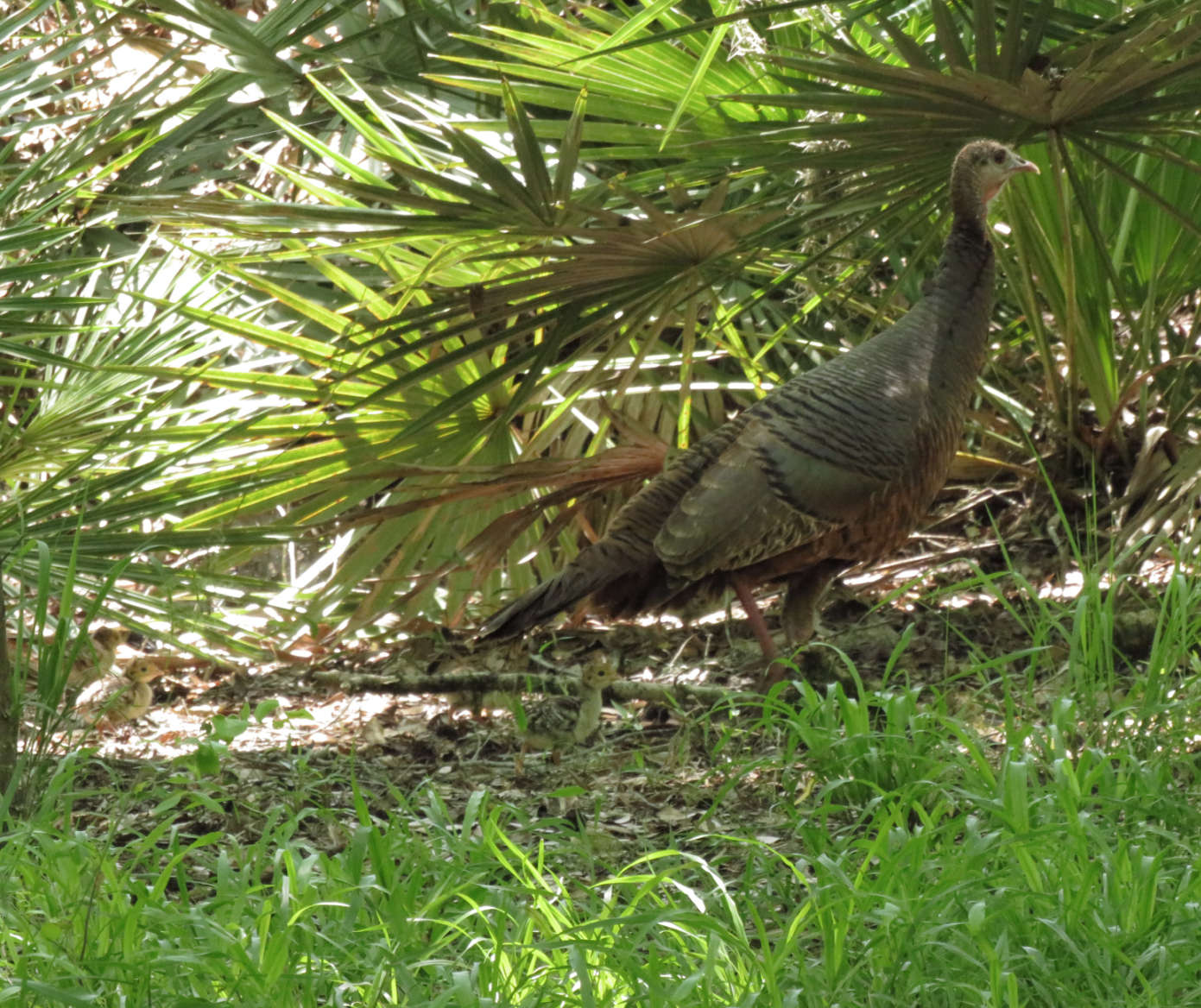
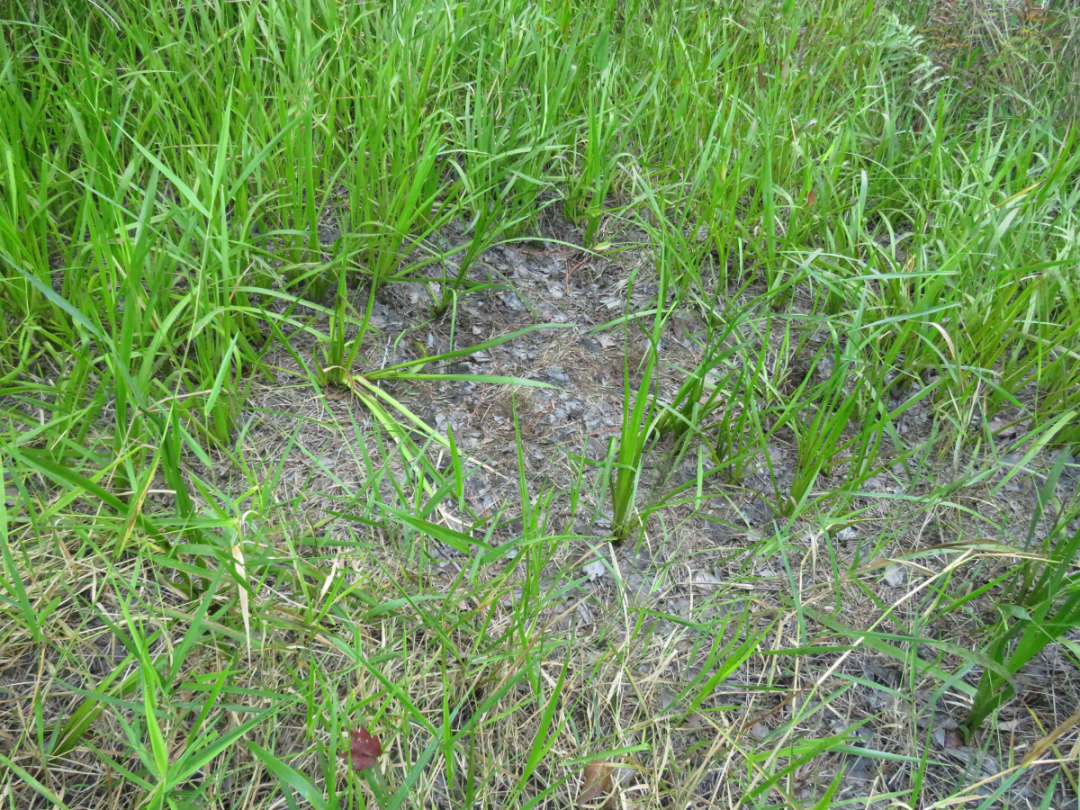
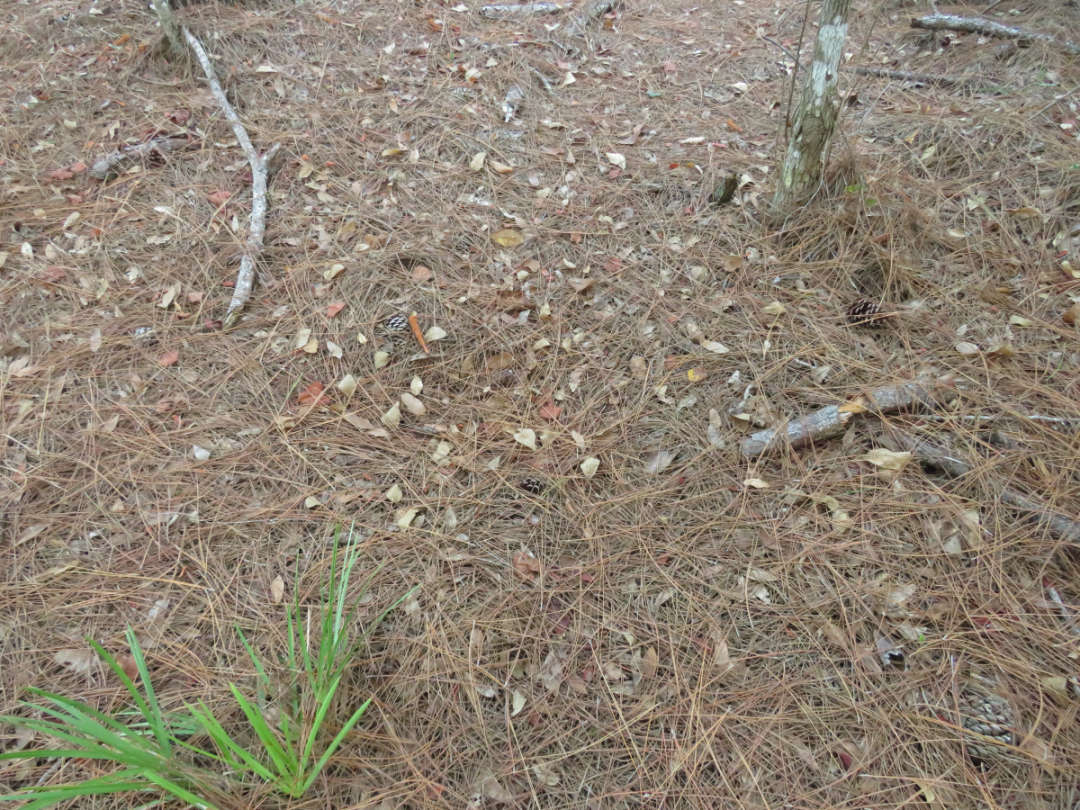
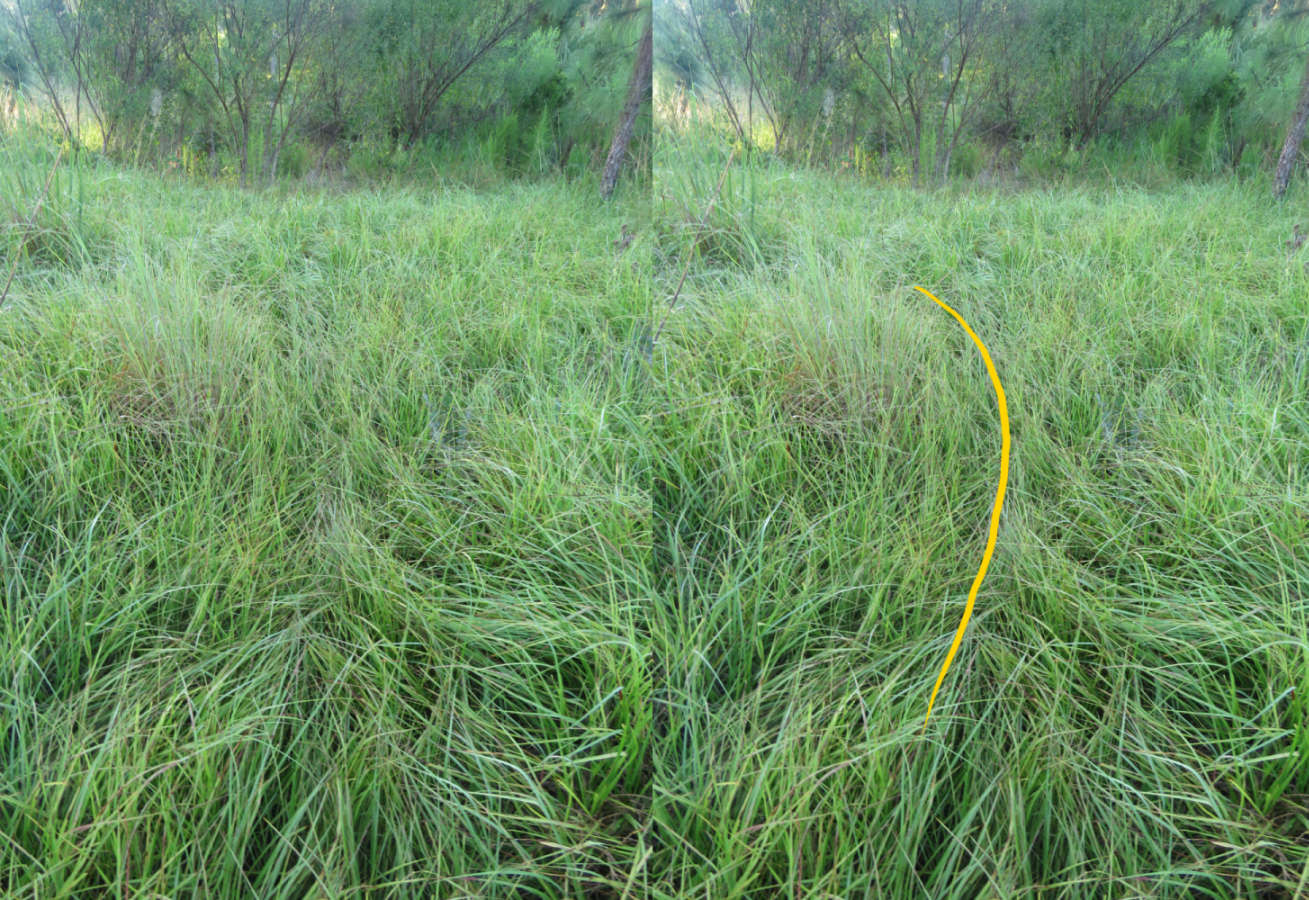 I think in some areas this doesn't suck, but in Florida it kinda sucks. Think less "relaxing hike through the woods" and a lot closer to "jungle trek without a machete and while trying to be quiet".
I think in some areas this doesn't suck, but in Florida it kinda sucks. Think less "relaxing hike through the woods" and a lot closer to "jungle trek without a machete and while trying to be quiet". 